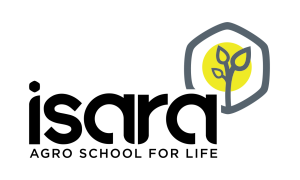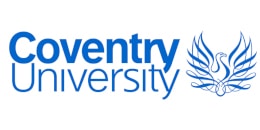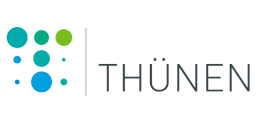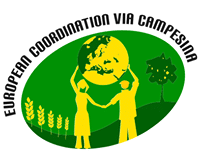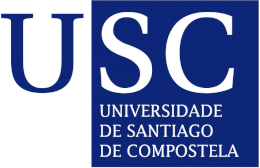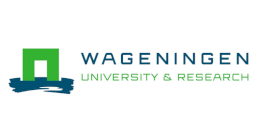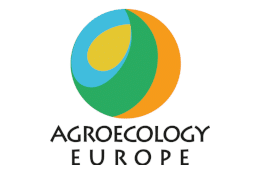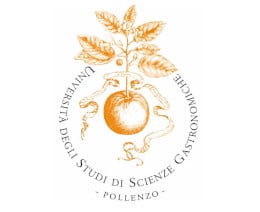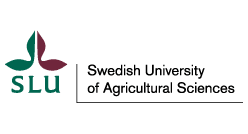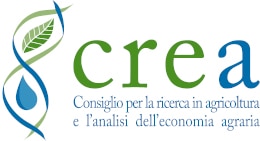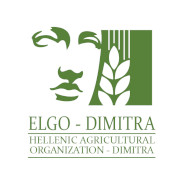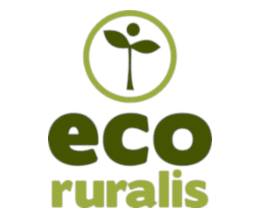Facilitating 3 living labs in 3 different countries – The Netherlands, United Kingdom and Italy
Task 4.2 ‘Living Labs (LLs) for co-development and co-learning’ is setting up and facilitating 3 living labs in 3 countries (NL, UK, IT) to develop context-based and site-specific solutions to the central question “which mechanisms will strength the agroecological research and innovation ecosystems in Europe?”. To create the LL, task 4.2 organises 3 workshops in each country. The workshops will identify supporting and hindering forces of agroecological research and innovation in connection with WP2 results and design an action agenda. The national action agendas will provide incentives for the European agroecological research and innovation ecosystems.
The project adopts a co-designing process and a transdisciplinary approach. Decisions for the creation of the LLs are taken among all stakeholders. Specifically, in the 1st workshop, farmers, policymakers, researchers, and other actors define the obstacles, shared objectives and pathways. The 2nd workshop will focus on the interaction among stakeholders to implement the previously defined objectives and pathways. Therefore, actors will officially present the action plan to policymakers. Finally, in the 3rd workshop, the dissemination of the living labs will be prepared by representatives of farmers, researchers, NGOs and policymakers.
In Italy, the LL will take place in a mountain valley (Val Varaita) in the region of Piedmont.
The targets are:
- farmers (a CSA, a collective farm and others),
- researchers (a PhD student, the UNISG team for AE4EU),
- policymakers (regional and local),
- citizens and chefs.
In terms of socio-economic & cultural dimensions, the Italian LL aims to valorise (i) the biocultural diversity of the valley and (ii) the phenomena of new ruralism in the mountain areas. Accordingly, the added value of the Italian LL is to create a LL model that can be reproduced in other Italian and European valleys hosting a tremendous cultural and environmental richness necessary to be recognised.
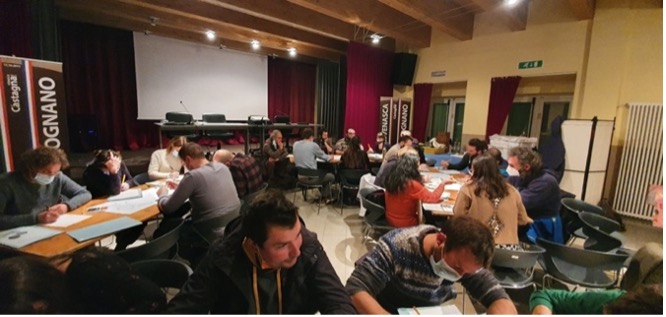
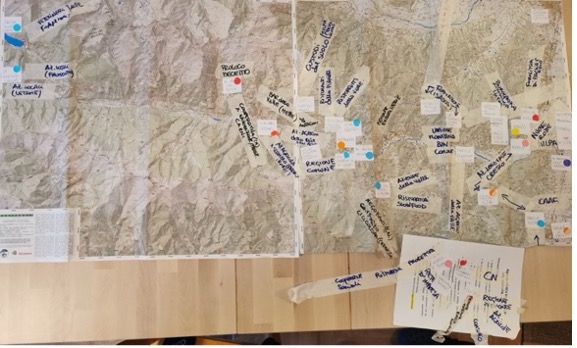
The British LL is part of a broader plan: Coventry University owns Ryton Gardens – a 60-year-old organic living lab currently in transition, including a working CSA farm & heritage seed bank on-site. In this envisaged 10-year transition, the LL will be scaled down to a more local level incorporating CSA, research centre and other local key stakeholders. A strong added value of the UK LL is to spread awareness about agroecology principles and practices since, in the region of Coventry University, agroecology is not much known much. Therefore, an agroecology LL is very needed in the area.
The Dutch LL aims to create a link among different national networks: agroecology Federation, agroecology Association (Toekomstboeren), CSA network, among others, through new research innovation. The LL will tackle small-scale farms and young farmers who are not connected to policymakers and conventional farmers. Therefore, the ambition of the Dutch LL is to connect farmers with different worldviews among them and to the ministry and SCAR, since, in the Netherlands, only a few regulations exist to make farming more sustainable. In the Netherlands, it is possible to work at the national level since a collaboration agreement has been already defined between the agroecology federation and Wageningen University. AE4EU project is the base for this collaboration, but WUR is also investing internally to become more agroecological at the national level.To conclude, the different settings of the LLs are functional to the final objective of task 4.3, which is to deliver a report with guidelines about LLs’ development to the EU. Accordingly, the 3 LLs are prototypes useful to analyse how to create LLs in different countries, scales, and settings. The task will then find commonalities in terms of structure and outputs: it will gather similar outputs of the LLs to develop the action agenda. For this purpose, the methodologies of the workshops can be different, but the LLs are based on the same principles: co-creation, co-learning, research and transdisciplinary.
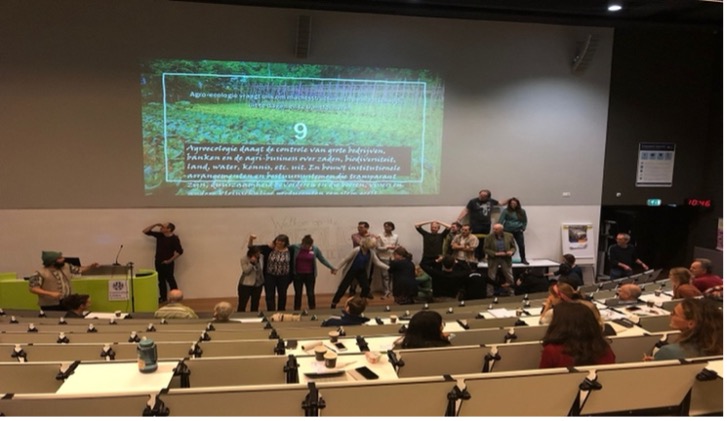
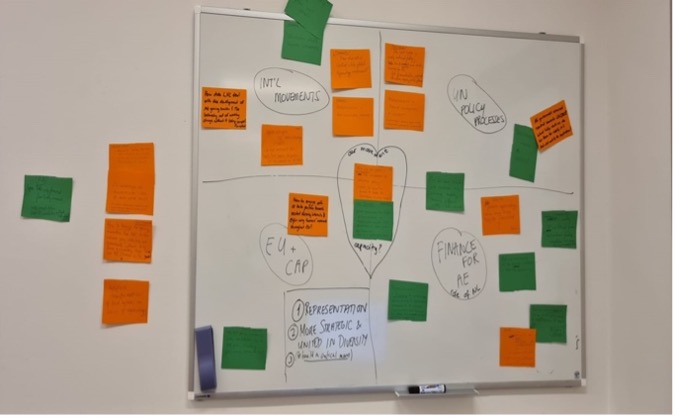
Author: Alice Fassò

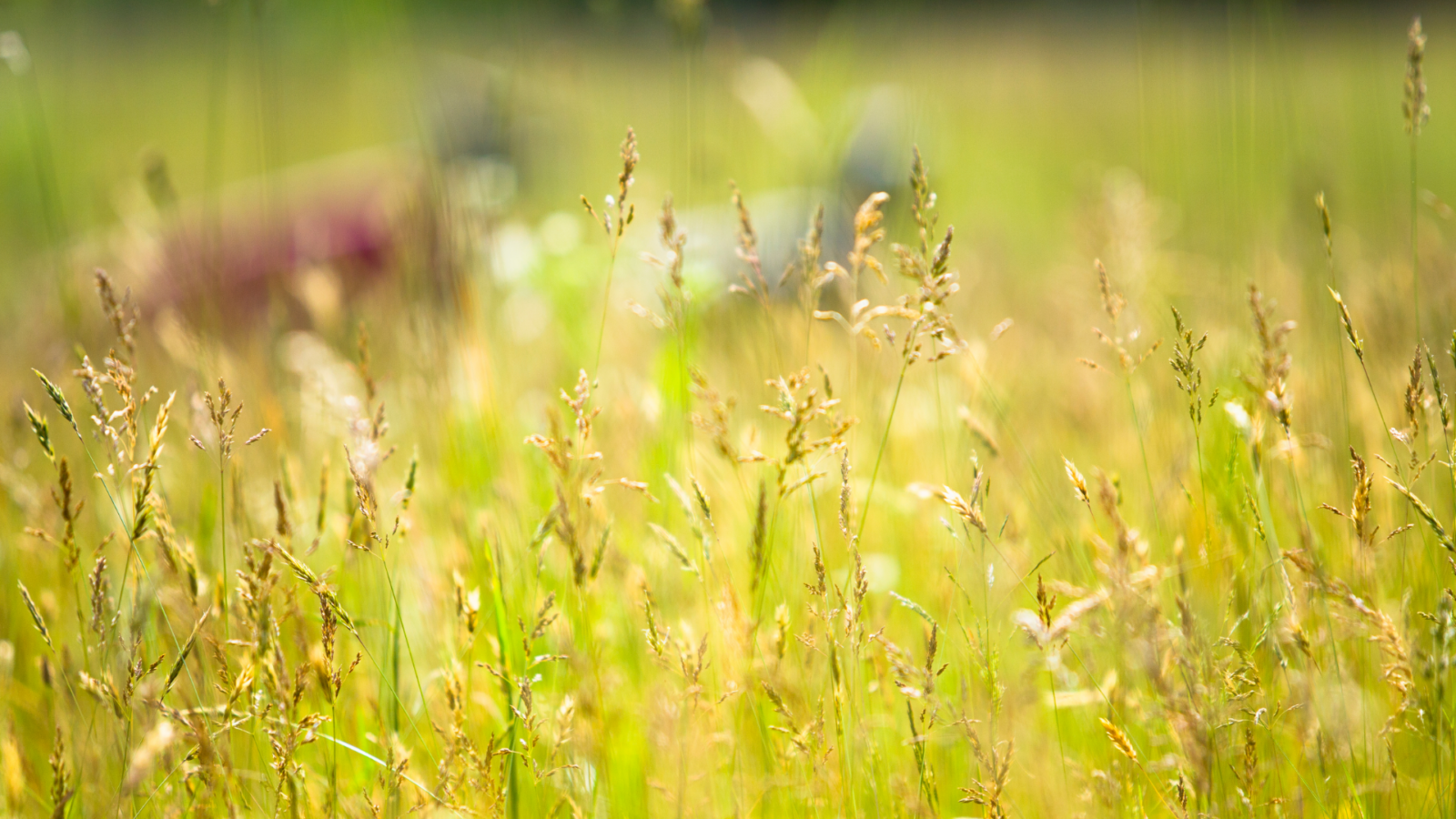
 Mapping agroecology in Europe: a necessary step to foster its development
Mapping agroecology in Europe: a necessary step to foster its development
